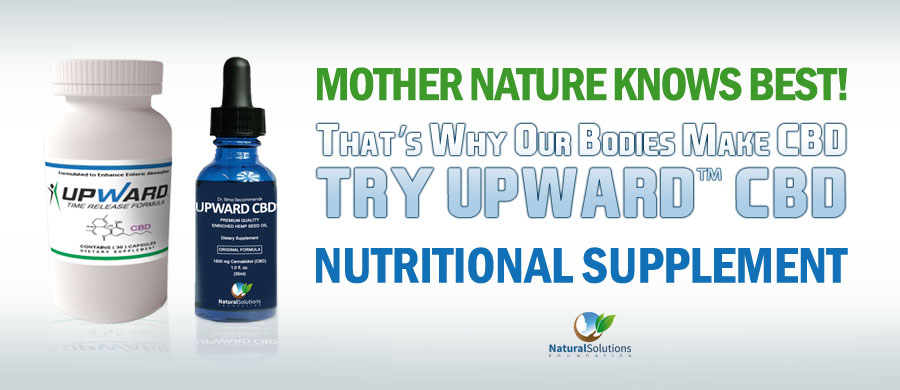
Over 75 Percent Of Americans And Britons Are Vitamin E Deficient–Why You Should Make Sure You’re Not One Of Them
With so many supplements out there, and so many substances for health-conscious individuals to be aware of–it seems like there are ten new studies in the news every day highlighting some deficiency or toxicity we are unwittingly getting in our regular diets–its hard to know which ones are really vital.
One that you should really be aware of however is vitamin E. This essential micronutrient is an antioxidant that supports the manufacture of red blood cells, and works in concert with vitamin K to support heart health.
However recent studies estimate that up to 6 billion people around the world are deficient in vitamin E, which can lead to an increased risk for immune dysfunction, cognitive deterioration, and cardiovascular disease. Especially when it comes to children, pregnant women and the elderly, this deficiency can have devastating consequences.
And the stories that studies that delve into these deficiencies are telling us is a depressingly common one: vitamin E deficiencies are largely due to the fact of people eating highly processed foods with often contain no micronutrients at all and very little in the way of antioxidants.
One important thing to note about vitamin E before you run out to the health store and buy a bottle of supplements is that it is a fat-soluble substance. This means that if you take a supplement without also consuming fat, you may be absorbing as little as 10 percent of the vitamin.
Some common signs of a severe vitamin E deficiency include:
• Cardiac arrhythmia
• Muscle loss
• Muscle weakness and unsteady gait
• Vision problems including the visual field becoming constricted and abnormal eye movements
• Dementia
• Liver and kidney problems
Studies have also shown that long-term vitamin E deficiencies can lead to heart disease and cancer. And while there have been studies that purported to link taking vitamin E supplements to actually increasing your risk of cancer, these studies were found to be linked to synthetic vitamin E rather than natural sources. The synthetics are made using petrochemicals, and thus toxicity is not all that terribly surprising.
It is possible to buy vitamin E supplements that are not made with synthetics–the synthetic ones will have a “dl,” saying they contain “dl-alpha-tocopherol,” while natural ones will read only “d” as in “d-alpha-tocopherol.”
But a great way to start upping your vitamin E intake is through your diet. Some general categories of foods that contain high levels of vitamin E are leafy greens, high-fat foods like nuts, seeds, and fatty fish and seafood, including sardines and shrimp (but make sure you check the source on shrimp; most U.S. shrimp is imported from toxic sludge and antibiotic-laden pit operations in Southeast Asia.) Also look to foods like olives and avocados for healthy sources of vitamin E.
###

